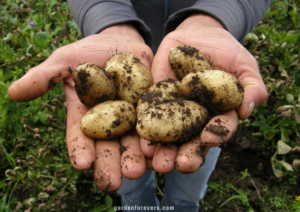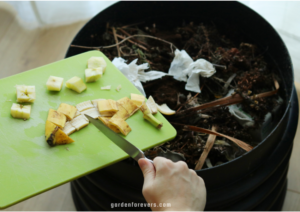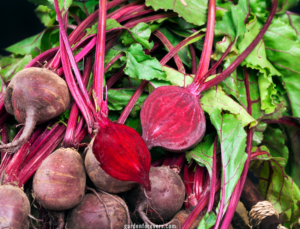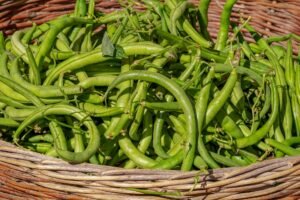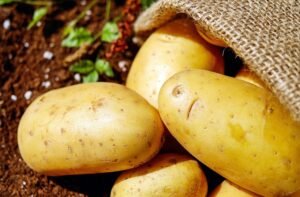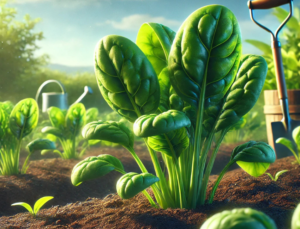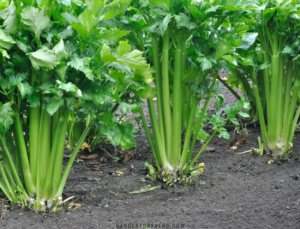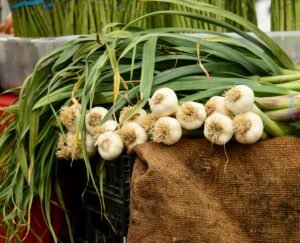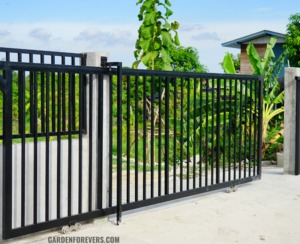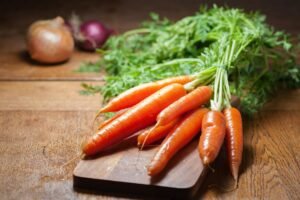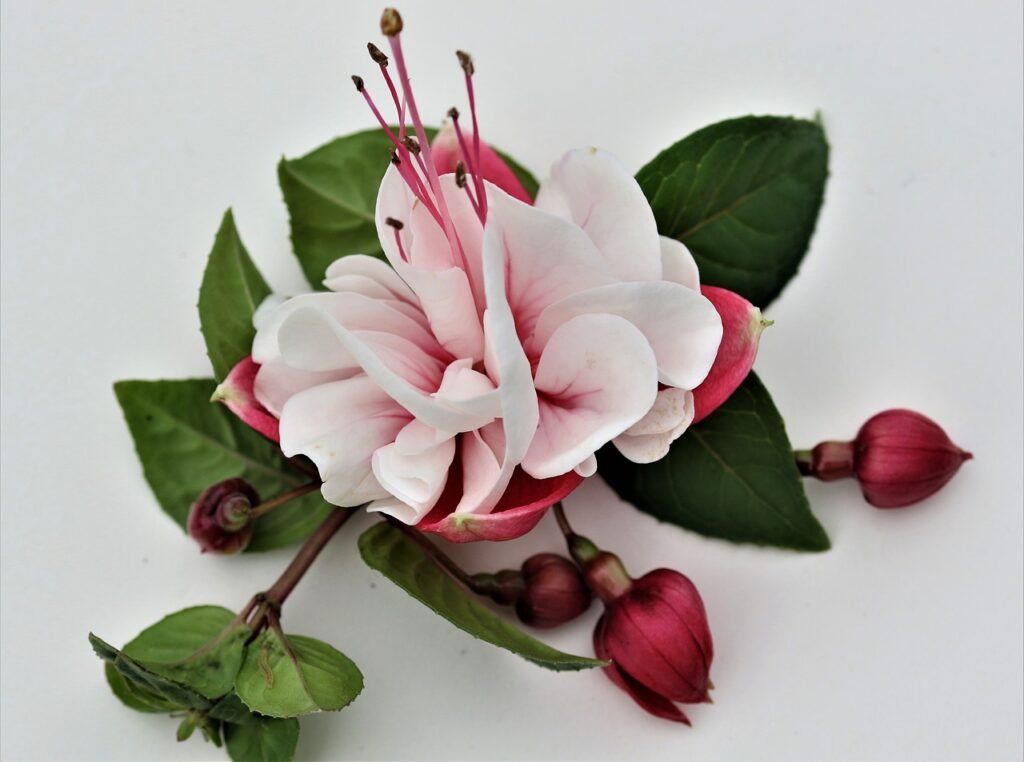Winter Vegetables That You Can Start Planting In Georgia Now
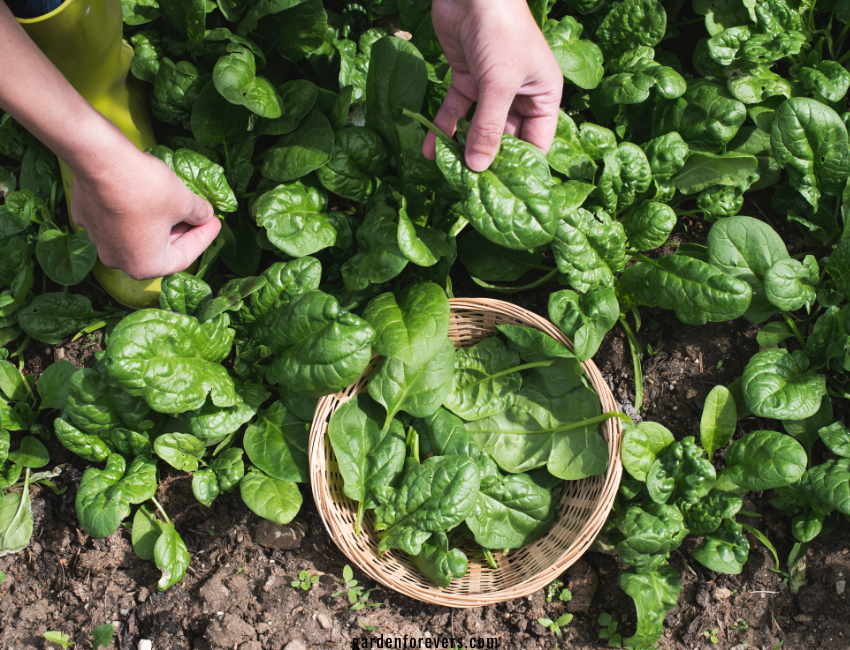
Have you ever thought about growing your own fresh vegetables in Georgia, even when the cold weather starts to settle in? Winter may not seem like the ideal time for gardening, but here in Georgia, the mild winters offer the perfect opportunity to plant a variety of hearty crops. Whether you’re a seasoned gardener or a beginner just looking to get your hands dirty, there’s a wide selection of winter vegetables that you can plant right now and enjoy throughout the colder months.
Let’s know why winter gardening is an amazing option in Georgia and which vegetables will grow better in your garden during the cooler season.
Why Winter Vegetables Gardening in Georgia Is Possible
One of the good reasons for living in Georgia is that our winters are relatively mild compared to northern states. While we do experience cold days, the frost isn’t usually severe enough to harm many cool-weather crops. In fact, some vegetables, like kale and carrots, even improve in flavor after a frost, becoming sweeter and more tender. That’s one of the reasons why planting winter vegetables in Georgia can be such a rewarding experience.
Another advantage? There’s less competition from pests in the winter months. Since many insects are less active in the colder weather, your plants are less likely to be affected by common garden pests. Plus, diseases that thrive in warmer temperatures are less of an issue, meaning healthier crops overall.
If you’re looking to maximize your garden space and enjoy fresh, nutritious veggies year-round, winter gardening is a great way to do it. Now, let’s talk about what you can plant to get started.
Winter Vegetables to Plant Now in Georgia
Winter gardening might sound tricky, but it’s all about choosing the right crops. Below are some of the best vegetables to plant now, perfect for Georgia’s climate.
1. Kale: A Cold-Weather Champion

Kale is the poster child of winter vegetables. If you haven’t tried growing kale yet, now’s the perfect time. Not only does it love cool weather, but the leaves also become sweeter after a frost. You can plant kale in late September or early October, and you’ll have a consistent harvest through the winter.
Kale grows well in Georgia’s climate with minimal effort. It’s also versatile in the kitchen perfect for salads, smoothies, or even sautéed as a side dish. And the best part? Once you harvest the outer leaves, the plant continues producing, giving you a supply of fresh greens all winter long.
2. Spinach: The Leafy Green Powerhouse
Spinach is another cold-hardy vegetable that thrives during Georgia’s winter. Spinach loves the cool temperatures and will grow beautifully if you plant it now. Plus, spinach is packed with nutrients like iron, calcium, and vitamins, making it a healthy addition to your winter meals.
You can grow spinach in garden beds, raised beds, or even containers. As long as it’s kept watered, spinach will flourish, providing you with fresh leaves for salads, soups, and stir-fries.
3. Carrots: Sweetness in the Cold
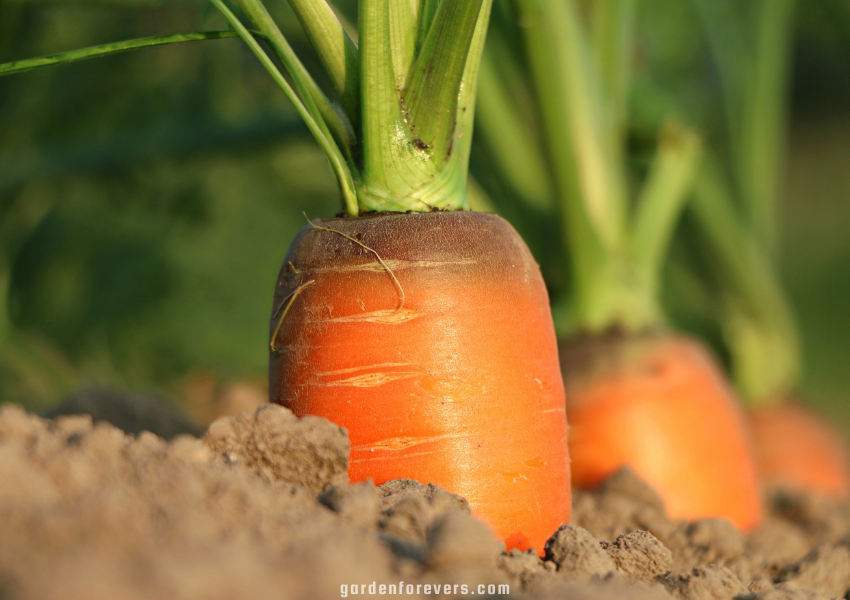
Carrots are a fantastic winter vegetable because the cool weather actually enhances their sweetness. Plant them now, and they’ll steadily grow underground while you tend to your other crops. By the time the colder months roll around, you’ll have a supply of sweet, crunchy carrots to harvest.
Carrots are also great for beginner gardeners. They don’t need much attention once they’re planted, and they store well, allowing you to enjoy them throughout the winter.
4. Beets: Two Crops in One
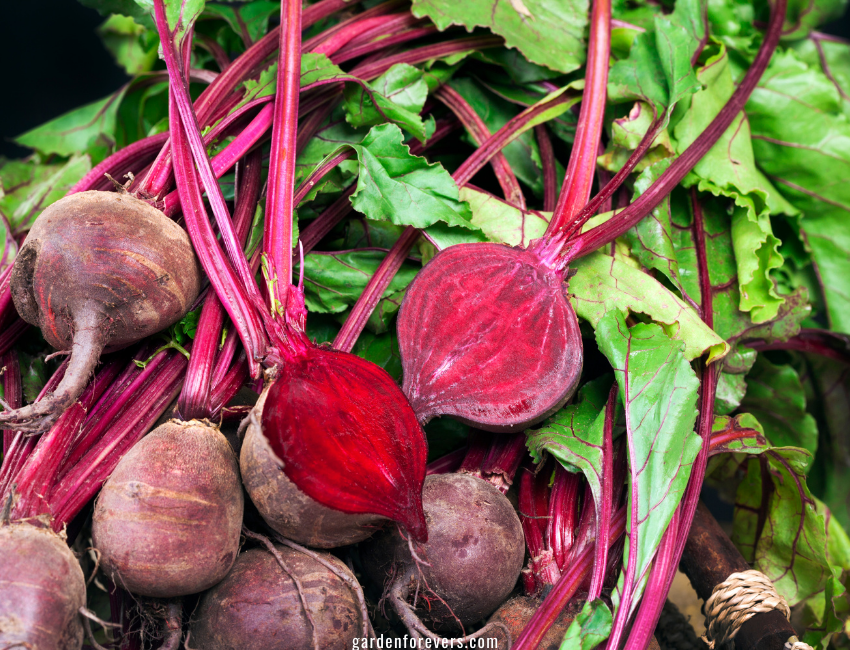
Beets are an underrated winter vegetable that offers a two-for-one deal: you can eat both the root and the leafy greens. Plant beets now, and they’ll grow well into the cooler months. The greens are perfect for sautéing, while the beetroot can be roasted, pickled, or used in soups and salads.
Beets prefer cooler weather, and like carrots, they become sweeter after exposure to frost. They also grow relatively quickly, meaning you’ll see results before the winter season is over.
5. Broccoli: A Cool-Weather Staple

If you love broccoli, you’ll be happy to know that it thrives in cooler temperatures. Plant broccoli now, and it will grow well throughout the fall and into winter. Broccoli does take a little longer to mature, but it’s worth the wait. The cool weather helps the heads develop firm and flavorful florets.
One tip: make sure to give broccoli enough space to grow. The heads can become quite large, and cramped conditions might stunt their growth. With the right care, your garden will be filled with fresh, homegrown broccoli in no time.
6. Brussels Sprouts: Slow and Steady
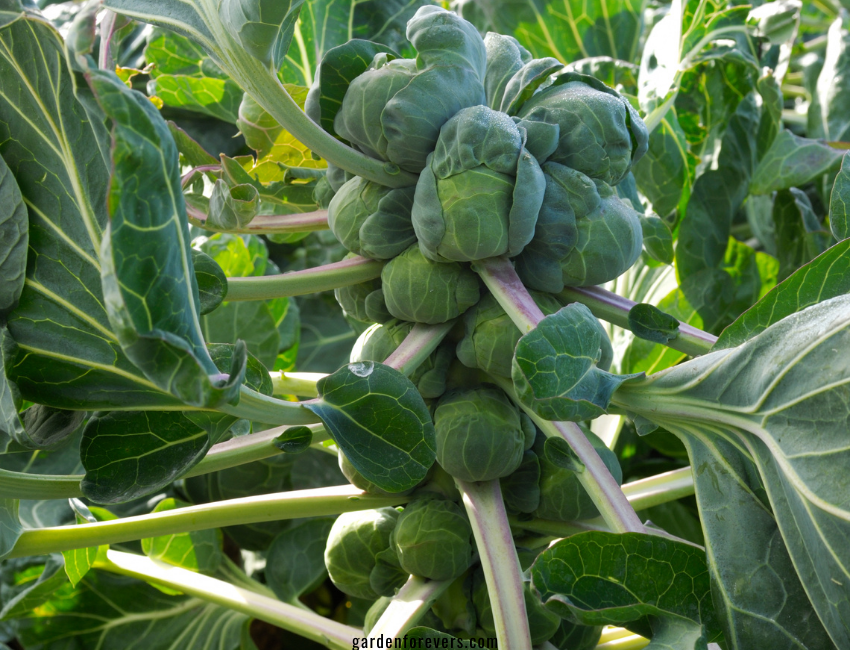
Brussels sprouts are another cold-loving crop, though they require a bit of patience. They grow slowly, but the cold weather enhances their flavor, making them sweeter and more delicious. Plant them now, and by late winter, you’ll have a healthy crop of Brussels sprouts ready to harvest.
Like kale and carrots, Brussels sprouts improve after frost exposure. If you’ve never grown them before, this year is a great time to give them a try. They may take a little time, but the reward is worth it.
7. Garlic: The Long-Term Investment
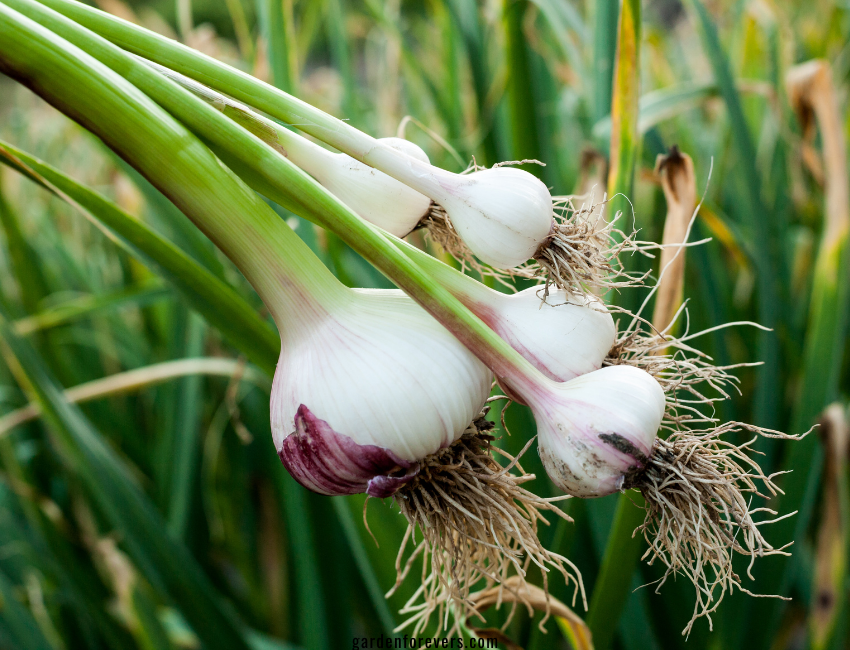
While garlic isn’t technically a winter vegetable, fall is the best time to plant it in Georgia. Garlic needs several months to grow, and by planting it now, you’ll be able to harvest it in late spring or early summer. The cool winter months allow the garlic bulbs to develop, giving you large, flavorful cloves when it’s time to pull them from the ground.
Once you plant garlic, it’s low-maintenance. Just water it occasionally and watch it grow. It’s a great crop to have in your garden if you love cooking with fresh garlic, and it’s an easy way to get a head start on next year’s harvest.
Related
Tips for Successful Winter Gardening in Georgia
Now that you know which vegetables to plant, let’s talk about how to keep them growing strong throughout the winter months. Here are a few tips to help ensure your garden thrives:
- Mulch to Protect Roots: Adding a thick layer of mulch around your plants will help insulate the soil and protect the roots from sudden temperature drops. Mulch also helps retain moisture, which is important during dry spells.
- Water Regularly: Just because it’s cooler outside doesn’t mean your plants won’t need water. Make sure to keep them hydrated, especially if there hasn’t been much rain.
- Cover Plants During Frost: If the forecast predicts a hard frost, consider covering your plants with frost cloth or old sheets. This extra layer of protection can help keep your crops alive through especially cold nights.
- Succession Planting: To keep a steady supply of vegetables, consider planting in stages. This ensures that not all of your crops are ready at the same time, giving you a consistent harvest throughout the winter.
Winter gardening in Georgia might not be what comes to mind when you think of the colder months, but it’s absolutely possible—and rewarding. With the right selection of cold-hardy vegetables like kale, carrots, and broccoli, you can enjoy fresh, homegrown produce long after most gardens have gone dormant. So, go ahead and start planting! There’s nothing quite like harvesting fresh vegetables in the middle of winter, and the satisfaction of knowing you grew them yourself makes them taste even better. Happy gardening!

